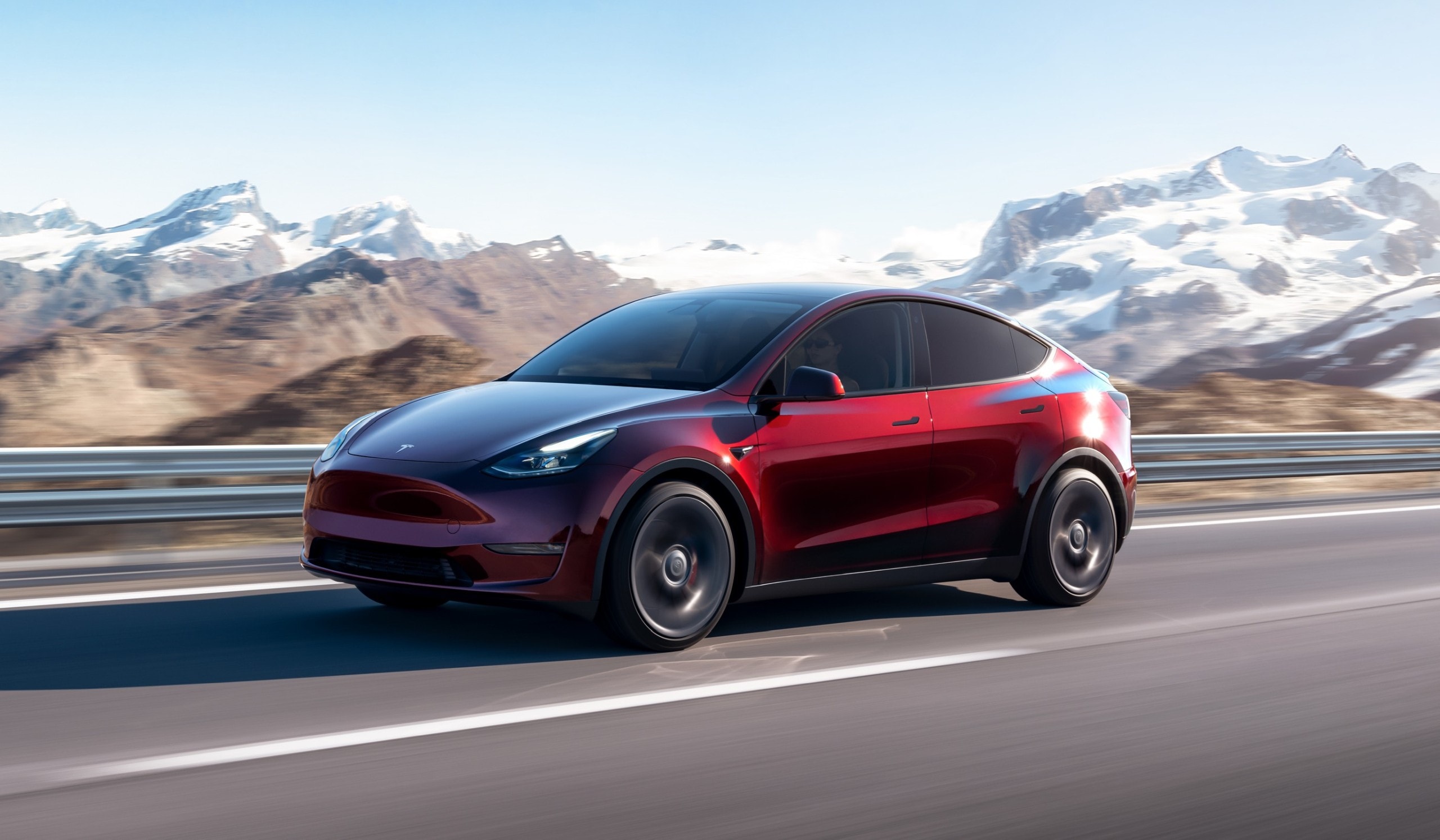The automotive industry is undergoing a significant transformation with the emergence of software-defined vehicles (SDV), marking a paradigm shift in automotive innovation. Through the implementation of software updates, manufacturers are revolutionizing vehicle functionality, offering a level of customization and adaptability previously unseen in traditional hardware-centric designs.
This evolution, exemplified by pioneers like Tesla, not only streamlines market adaptation without hardware modifications but also opens avenues for precise control over vehicle performance and features, occasionally leading to the introduction of paid upgrades.
Looking back at historical instances such as BMW’s foray into subscription-based unlockable features, it becomes apparent that striking a balance between consumer value and monetization strategies is paramount in this new era of automotive technology. Recent revelations concerning Tesla’s software-capped variants of Model 3 and Model Y further illuminate this trend.

While ostensibly similar in hardware, market-specific software configurations dictate performance limitations to comply with regional regulations and tax structures. Elon Musk’s disclosure of a paid upgrade option to unlock additional range underscores Tesla’s strategic utilization of software to offer flexibility and customization.
Moreover, insights from white-hat hacker Green shed light on firmware updates introducing performance limits tailored to specific markets, exemplifying Tesla’s adaptability and responsiveness to regulatory dynamics.
Despite occasional controversies, Tesla’s software-driven approach embodies innovation and adaptability, enabling seamless integration of performance enhancements and regulatory compliance while reaffirming the company’s commitment to customer satisfaction and technological advancement.

